
Edward Osborne Wilson was an American biologist, naturalist, ecologist, and entomologist known for developing the field of sociobiology.

Jared Mason Diamond is an American scientist, historian, and author. In 1985 he received a MacArthur Genius Grant, and he has written hundreds of scientific and popular articles and books. His best known is Guns, Germs, and Steel (1997), which received multiple awards including the 1998 Pulitzer Prize for general non-fiction. In 2005, Diamond was ranked ninth on a poll by Prospect and Foreign Policy of the world's top 100 public intellectuals.

John Angus McPhee is an American writer. He is considered one of the pioneers of creative nonfiction. He is a four-time finalist for the Pulitzer Prize in the category General Nonfiction, and he won that award on the fourth occasion in 1999 for Annals of the Former World. In 2008, he received the George Polk Career Award for his "indelible mark on American journalism during his nearly half-century career". Since 1974, McPhee has been the Ferris Professor of Journalism at Princeton University.
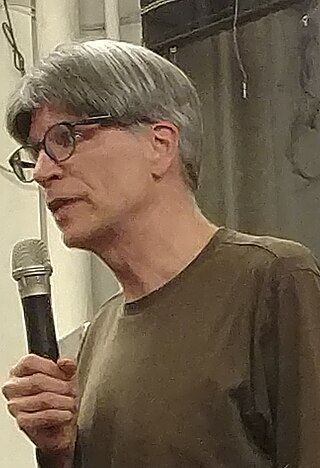
Richard Powers is an American novelist whose works explore the effects of modern science and technology. His novel The Echo Maker won the 2006 National Book Award for Fiction. He has also won many other awards over the course of his career, including a MacArthur Fellowship. As of 2023, Powers has published thirteen novels and has taught at the University of Illinois and Stanford University. He won the 2019 Pulitzer Prize for Fiction for The Overstory.
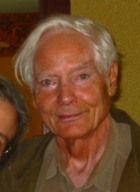
William Stanley Merwin was an American poet who wrote more than fifty books of poetry and prose and produced many works in translation. During the 1960s anti-war movement, Merwin's unique craft was thematically characterized by indirect, unpunctuated narration. In the 1980s and 1990s, his writing influence derived from an interest in Buddhist philosophy and deep ecology. Residing in a rural part of Maui, Hawaii, he wrote prolifically and was dedicated to the restoration of the island's rainforests.

Ronald Chernow is an American writer, journalist, and biographer. He has written bestselling historical non-fiction biographies.

Deborah Leigh Blum is an American science journalist and the director of the Knight Science Journalism program at the Massachusetts Institute of Technology. She is the author of several books, including The Poisoner's Handbook (2010) and The Poison Squad (2018), and has been a columnist for The New York Times and a blogger, via her blog titled Elemental, for Wired.
Gareth Cook is an American journalist and book editor. He was awarded a Pulitzer Prize in 2005 for “explaining, with clarity and humanity, the complex scientific and ethical dimensions of stem cell research.” He is the founder and Editor in Chief of the Verto Literary Group, "an editorial consulting studio that works with authors, agents, and publishers to bring important stories and ideas to life." Cook was a contributing writer for The New York Times Magazine, the series editor of The Best American Infographics and the editor of Mind Matters, Scientific American's neuroscience blog. His writing has appeared in The New York Times Magazine, The Boston Globe, Wired, and Scientific American.

Forrest Gander is an American poet, translator, essayist, and novelist. The A.K. Seaver Professor Emeritus of Literary Arts & Comparative Literature at Brown University, Gander won the Pulitzer Prize for Poetry in 2019 for Be With and is chancellor of the Academy of American Poets and a member of the American Academy of Arts and Sciences.

Jon Ellis Meacham is an American writer, reviewer, historian and presidential biographer who is serving as the Canon Historian of the Washington National Cathedral since November 7, 2021. A former executive editor and executive vice president at Random House, he is a contributing writer to The New York Times Book Review, a contributing editor to Time magazine, and a former editor-in-chief of Newsweek. He is the author of several books. He won the 2009 Pulitzer Prize for Biography or Autobiography for American Lion: Andrew Jackson in the White House. He holds the Carolyn T. and Robert M. Rogers Endowed Chair in American Presidency at Vanderbilt University.
Alicia Elsbeth Stallings is an American poet, translator, and essayist.
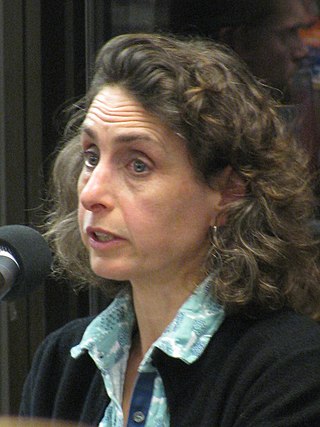
Elizabeth Kolbert is an American journalist, author, and visiting fellow at Williams College.
Amy Harmon is an American journalist. She won a Pulitzer Prize as a correspondent for The New York Times covering the impact of science and technology on everyday life. Harmon uses narrative storytelling to illuminate the human dilemmas posed by advances in science. In 2013, she was named a Guggenheim Fellow. Her daughter Sasha Matthews is a cartoonist.

Adam Johnson is an American novelist and short story writer. He won the Pulitzer Prize for his 2012 novel, The Orphan Master's Son, and the National Book Award for his 2015 story collection Fortune Smiles. He is also a professor of English at Stanford University with a focus on creative writing.
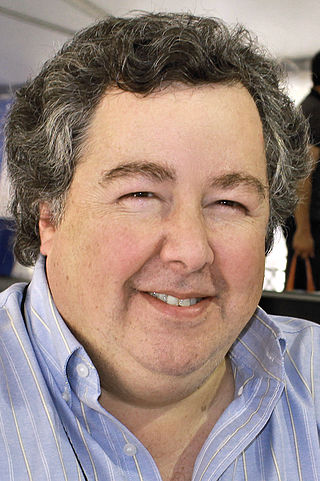
Dan Fagin is an American journalist who specializes in environmental science. He won the 2014 Pulitzer Prize for General Nonfiction for his best-selling book Toms River: A Story of Science and Salvation. Toms River also won the Helen Bernstein Book Award for Excellence in Journalism, the National Academies Communication Award, and the Rachel Carson Environment Book Award of the Society of Environmental Journalists, among other literary prizes.
Hilton Als is an American writer and theater critic. He is a teaching professor at the University of California, Berkeley, an associate professor of writing at Columbia University and a staff writer and theater critic for The New Yorker. He is a former staff writer for The Village Voice and former editor-at-large at Vibe magazine.
Paul Harding is an American musician and author, best known for his debut novel Tinkers (2009), which won the 2010 Pulitzer Prize for Fiction and the 2010 PEN/Robert W. Bingham Prize, among other honors. He is currently the director of the Creative Writing and Literature MFA program at Stony Brook Southampton, as well as Interim Associate Provost of Stony Brook University's Lichtenstein Center.
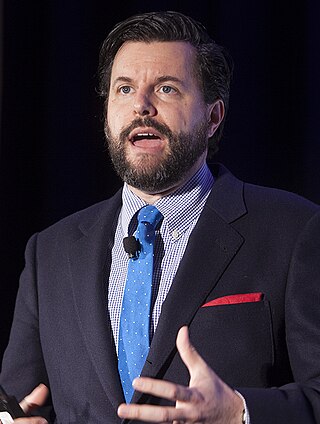
Charles Duhigg is an American journalist and non-fiction author. He was a reporter for The New York Times. He currently writes for The New Yorker Magazine and is the author of three books on habits and productivity, titled The Power of Habit: Why We Do What We Do in Life and Business, Smarter Faster Better and Supercommunicators: How to Unlock the Secret Language of Connection. In 2013, Duhigg was the recipient, as part of a team of New York Times reporters, of the Pulitzer Prize for Explanatory Reporting for a series of ten articles on the business practices of Apple and other technology companies.
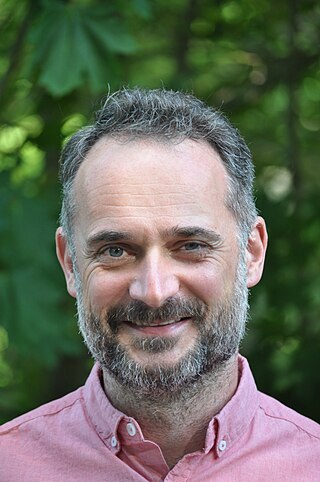
David George Haskell is a British and American biologist, writer, and William R. Kenan Jr. Professor of Biology and Environmental Studies at Sewanee: The University of the South, in Sewanee, Tennessee. He is a two-time Pulitzer Prize finalist in General Nonfiction. In addition to scientific papers, he has written essays, poems, op-eds, and the books The Forest Unseen, The Songs of Trees, Thirteen Ways to Smell a Tree, and Sounds Wild and Broken.

Jonathan Kaufman is a Pulitzer Prize winning reporter, author, editor, Director of the Northeastern University School of Journalism, and professor of journalism.
















